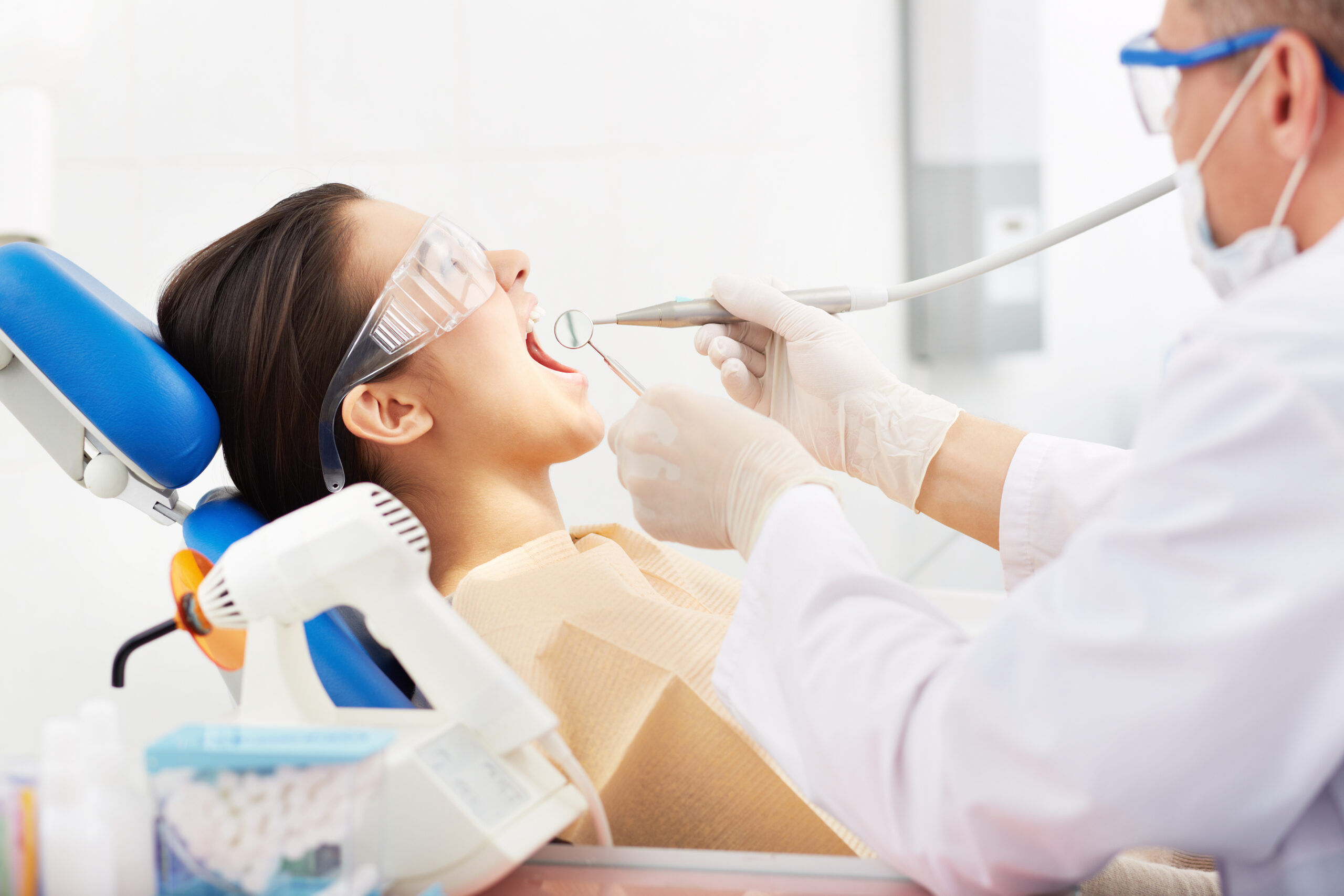

Emergency Dentists Near Me
Description
If you need urgent dental treatment, it can be difficult to locate the care you need at short notice, particularly if your emergency occurs on a national holiday, such as Christmas or bank holidays, or you require out of hours treatment.
Here at The Dental Register, we’re dedicated to making your search for emergency dental care less of a pain.
For further information or to speak to one of our experts, you can contact us via e-mail at: info@thedentalregister.com or fill in this simple online form, and one of our experts will respond to you shortly.

